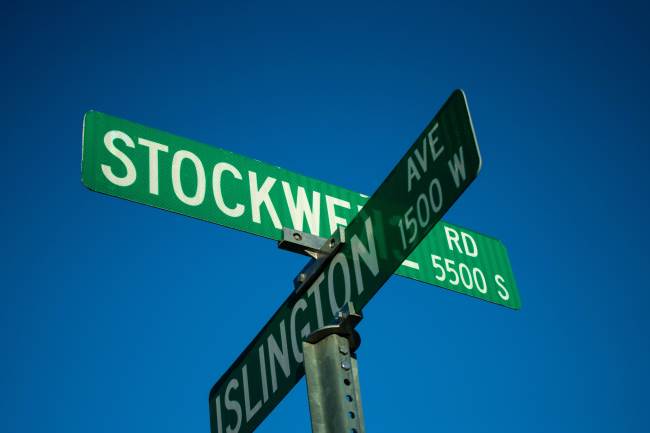Welcome to Part 2 in Watermelon’s Local SEO Website Planning Guide. If you’ve already read Part 1, then you know:
- You need a website to market effectively in 2018. Luckily, WordPress makes this easy.
- A business with multiple locations is better off setting up location pages on a single website than creating an individual site for each location.
This post is going to take it to the next level. Getting a site up is only the start of the battle. Optimizing your site structure and content around specific locations is your next goal.
There are a number of things we can use to do this:
If you lock down the basics of these four items, you’ll be head and shoulders above most of your competitors when it comes to local SEO. Depending on your location or industry, some of these factors may be more important than others. It’s never a bad idea to check out your top-performing online competitors to see what’s working for them.
Keywords and Content
General SEO and local SEO are very different, but one thing they both have in common is a focus on content. Ultimately, Google and other search engines are going to analyze the text on your webpage to determine where it ranks and what it ranks for.
You know what areas you operate in, and you know what products or services your business provides. Starting there, you can begin brainstorming what potential customers in your area might be typing into Google. The goal here is to discover keywords that are highly relevant to your business and locale and also have decent search volume (the amount of searches a keyword receives in a month). Once you’ve found the best keywords to rank for, you can start working them into your location pages. We wrote another post that goes into more detail about researching keywords and writing optimized content.
Location Schema
Pretty much anyone can throw up a website and put together some content to target location-based keywords. It’s basically the bare minimum in terms of local optimization. However, there’s a lot more you can do to associate your website or webpage with a particular location. One of the best ways is by using Location Schema markup.
Schema markup is a special way to format data so that Google and other search engines can understand it much more easily. There are tons of different schema structures that apply to nearly any person, place, or thing. Location Schema is just that – special markup we can use to really emphasize a connection to a particular place.
This step is a little more in-depth and technical, which means that most people are going to skip it. By including schema markup on your location pages, you’ll be forming a strong association with a specific locale that many of your competitors probably aren’t taking advantage of.

Local Citations
While local citations and offsite exposure are two separate factors, they go hand in hand with one another. Let’s start with local citations.
Local citations are written references to your address. Any time your address appears on a website, whether it’s yours or someone else’s, Google sees it as a local citation. Generally, the more local citations you have across the web (think Google Maps, Yelp, local news stories, local industry organizations, etc.), it’s going to help solidify your connection to that area in the eyes of Google and other search engines. This is especially true if the citation appears on another site heavily associated with that same place.
There are lots of ways to build local citations around the web. Generally, the harder a citation is to acquire, the more valuable it will be for your website. Finding creative ways to reach out to local organizations and get a citation on their website can be difficult, but very rewarding. One of the most important factors of local citations is consistency. Pick a format for your address and stick to it. Don’t alternate between “Drive” and “Dr.” and don’t use “#103” in some places and “Unit 103” in others. Pick a format and stick to it – everywhere.
If you’re looking to build up a few local citations quickly, there are a few places to focus first.
Offsite Exposure
Social media profiles and business review sites like Yelp and Google Maps are great places to get local citations, and the latter offer further opportunities to boost your local SEO.
Reviews are more important than ever. Consumers can get an unprecedented amount of information before making a choice. Make sure that you keep your customers happy, and Google will reward you with more of them. While you can’t bribe your clientele to leave good reviews, it never hurts to encourage them to do so.
Once you’re set up with a Yelp profile and a Google My Business listing, you should be in great shape to start building your online local presence.
Where to Go From Here
You’ve come a long way. You’ve built a site for your business, with individual pages for each of your locations. You’ve optimized each of these pages with locality-focused content and industry keywords. You’ve added location schema to make your area of operation crystal clear to Google. Your offsite profiles paint a professional portrait for your business and the reviews are starting to roll in.
What now?
That’s really up to you. Is it time to expand into new areas? Are there a few local competitors that you need to work a bit harder to overtake? Is it time to start an outreach campaign to build new links and citations to your pages? You now have the skills to start planning your own direction. The important thing is to never stop learning, never stop optimizing, and never stop growing your business.

